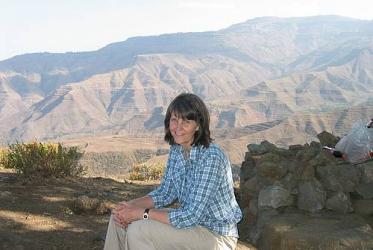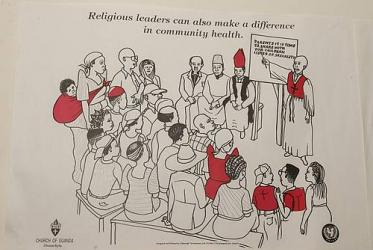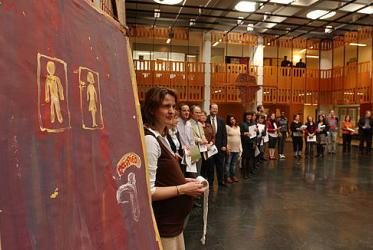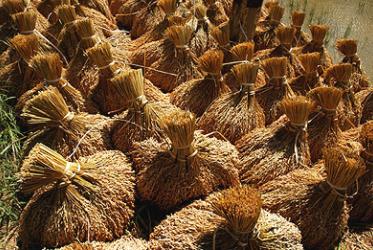Displaying 421 - 440 of 445
23 June 2011
Books key to the battle against HIV and AIDS in Africa
23 February 2011
“They have no wine”
30 November 2010
Interfaith partners advocate for health at UN summit
17 September 2010
Orthodox women seek "theology of healing"
15 July 2010
Putting faith at work to halt the spread of HIV
24 March 2010
Queues and prayers for water and sanitation
23 March 2010
WCC urges release of detained Filipino church worker
11 February 2010
Healing and holiness: Christian perspectives on stem cell research
18 November 2009
Global food crisis has a spiritual dimension, says Kobia
24 November 2008















